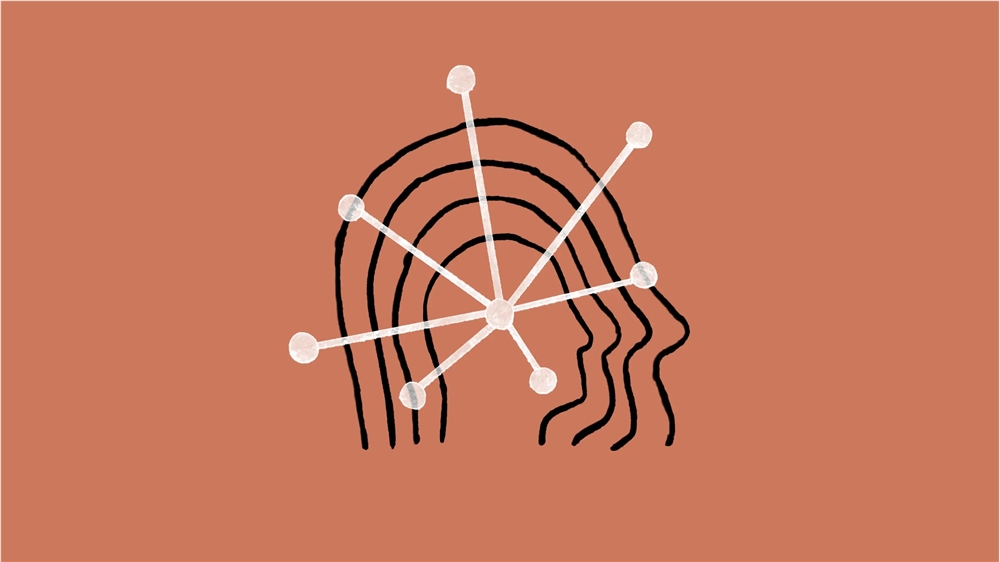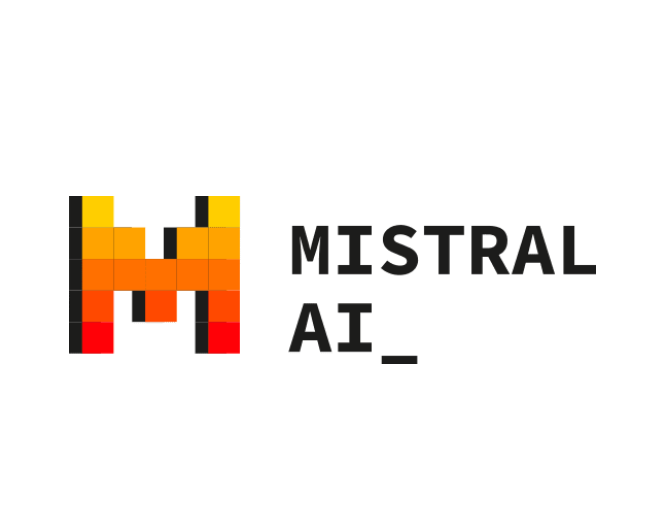Recently, the Financial Times reported that Google will invest more than $1 billion in artificial intelligence startup Anthropic. The investment was announced after multiple media reports in early January that Anthropic was close to completing a nearly $2 billion financing round. The round is expected to be led by Lightspeed Venture Partners, valuing Anthropic at nearly $60 billion.

It is reported that this new investment from Google has nothing to do with Lightspeed’s financing round, showing Google’s continued confidence in Anthropic. As a major competitor of OpenAI, Anthropic occupies an important position in the field of AI basic models. While Anthropic did not comment for this story, and Google did not respond to a request for comment outside business hours, the market's reaction to the investment is closely watched.
Google has already invested US$2 billion in Anthropic, while Amazon, another e-commerce giant, doubled its investment in Anthropic to US$8 billion at the end of last year. These investments indicate that the market is optimistic about the potential of AI technology. Anthropic has generated annualized revenue of approximately $875 million over the past year, primarily through direct sales of its models and through third-party cloud services such as Amazon Web Services.
The development of large-scale language models requires huge computing resources and top talents, which requires Anthropic to continuously raise funds in a highly competitive market. Since OpenAI launched ChatGPT in November 2022, the AI industry has entered a fierce competition. OpenAI’s popularity and new product launches helped it close a $6.6 billion funding round in October, bringing its valuation to $157 billion.
As AI technology continues to advance, major technology companies are scrambling to make plans and occupy a place in this AI competition.
AI courses are suitable for people who are interested in artificial intelligence technology, including but not limited to students, engineers, data scientists, developers, and professionals in AI technology.
The course content ranges from basic to advanced. Beginners can choose basic courses and gradually go into more complex algorithms and applications.
Learning AI requires a certain mathematical foundation (such as linear algebra, probability theory, calculus, etc.), as well as programming knowledge (Python is the most commonly used programming language).
You will learn the core concepts and technologies in the fields of natural language processing, computer vision, data analysis, and master the use of AI tools and frameworks for practical development.
You can work as a data scientist, machine learning engineer, AI researcher, or apply AI technology to innovate in all walks of life.







